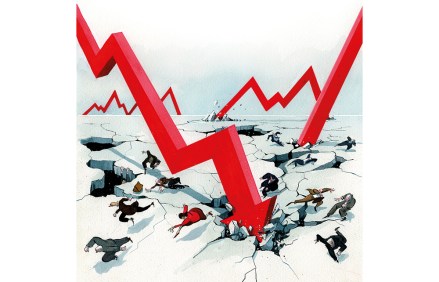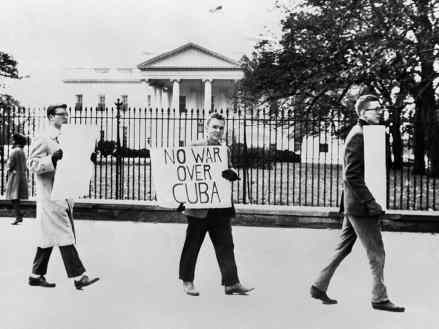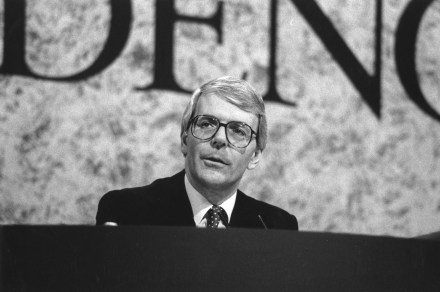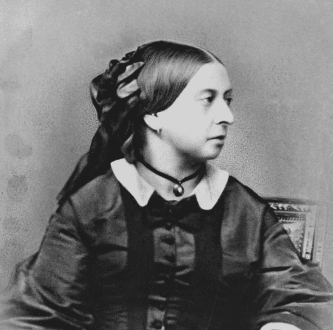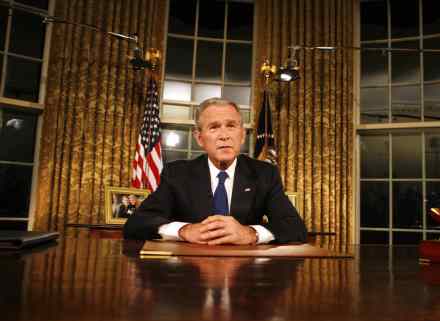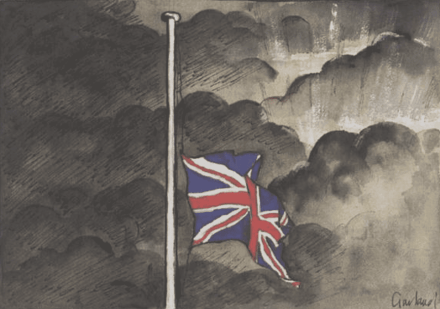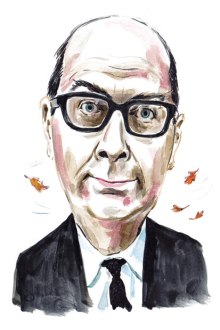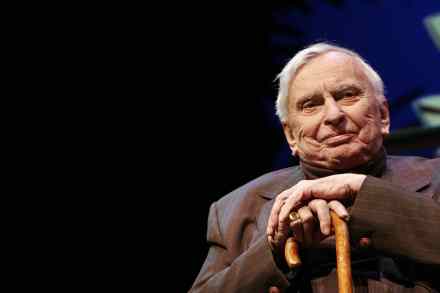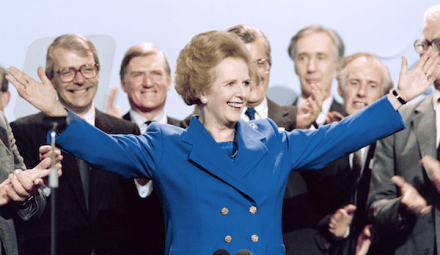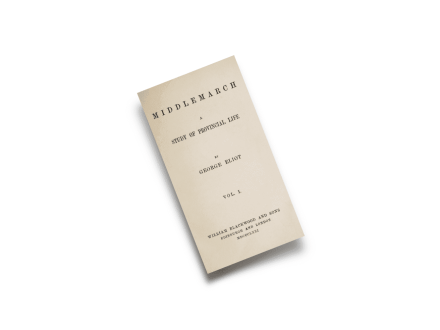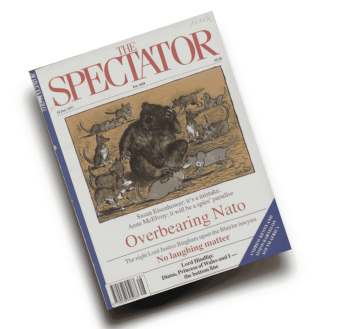Another rate rise from the Fed. Is it enough?
Will the Bank of England raise interest rates again? We’ll know for sure next Thursday, when we get the Monetary Policy Committee’s next announcement on the base rate, but today’s decision from the Federal Reserve to hike rates again makes it more likely that the Bank will follow suit. The Fed has announced another interest rate hike: a quarter of a percentage point, taking the rate to 5 – 5.25 per cent. This tenth consecutive hike in the United States has taken its key interest rate to the highest level since 2007 – approximately where rates sat before the financial crisis hit. This has caused plenty of controversy across the pond, as fears
